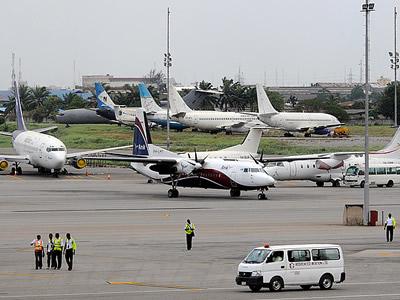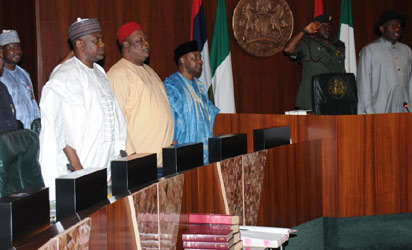Ease Of Doing Business: Reality or Farce?

The Federal Government has introduced several initiatives with a view to enhancing the ‘Ease of Doing Business’ at the ports by reducing the cost and simplifying the trade procedures. However, the developments at the ports show that the sector is no further forward than it was before the ease of doing business procedures surfaced.
According to industry stakeholders, the move is just like any other policy in the nation’s maritime sector, simply a theory that adds no value to the port system.
One of the major problems has been that those who are supposed to implement the policies weren’t interested in enforcing the policies.
Speaking with MMS Plus recently, a maritime resource expert and maritime lawyer, Mrs. Oritsematosan Edodo-Emore pointed out inter-agency conflict between government agencies at the ports as the impediment to the ease of doing business agenda of the Federal Government.
Edodo-Emore’s perspective on the problems facing the sector has been reechoed by many stakeholders in recent times but the issue is – how can maritime agencies work in unison for the good of the sector and the nation at large.
Here are some notable areas of inter-agency conflict and the possible headway;
Nigeria Customs Service vs Nigerian Ports Authority over who owns the ports:
Customs should be the leading agency at the ports as a paramilitary agency with an enforcement angle. In Section 8 of the Customs law, the powers of the police officers are there. So, the customs don’t need the police officer to execute their functions because they have the powers of a police officer to make arrest and persecute somebody.
The Nigerian Ports Authority (NPA) under Section 13 of the Customs law has the mandate under Customs laws to provide the enabling environment for Customs to perform optimally in the ports, that’s what the law says. Customs should be the leading agency and coordinating agency at the ports.
National Agency for Food, Drug Administration and Control (NAFDAC) vs Standards Organization of Nigeria (SON) on certification and double taxation
While both agencies play crucial roles by ensuring the safety of lives and property is paramount, there is need to harmonize their operations.
SON has a more robust function to ensure that the stipulated standards are adhered to in the importation, export or locally manufactured goods in the country. This also gives credence to their plea to get back into the nation’s ports.
However, there is need for SON to synergize with NAFDAC especially on issues that relate to food and drugs.
According to the Founder of National Association of Government Approved Freight Forwarders (NAGAFF), another example to show that the ease of doing business isn’t working, is the application of Section 31 of the Customs law.
That section of the Customs law says that the dwell time of cargo in the port is 28days, thereafter the cargo should be moved to Ikorodu but the reality is that the cargo remains there and Nigerians are been defrauded by way of demurrage. The demurrage must stop when cargoes spend up to 28 days at the ports; that’s the law. It means that the cargo is being constructively warehoused at the ports.
This isn’t being enforced. So, where is the ease of doing business at the ports one may ask?











